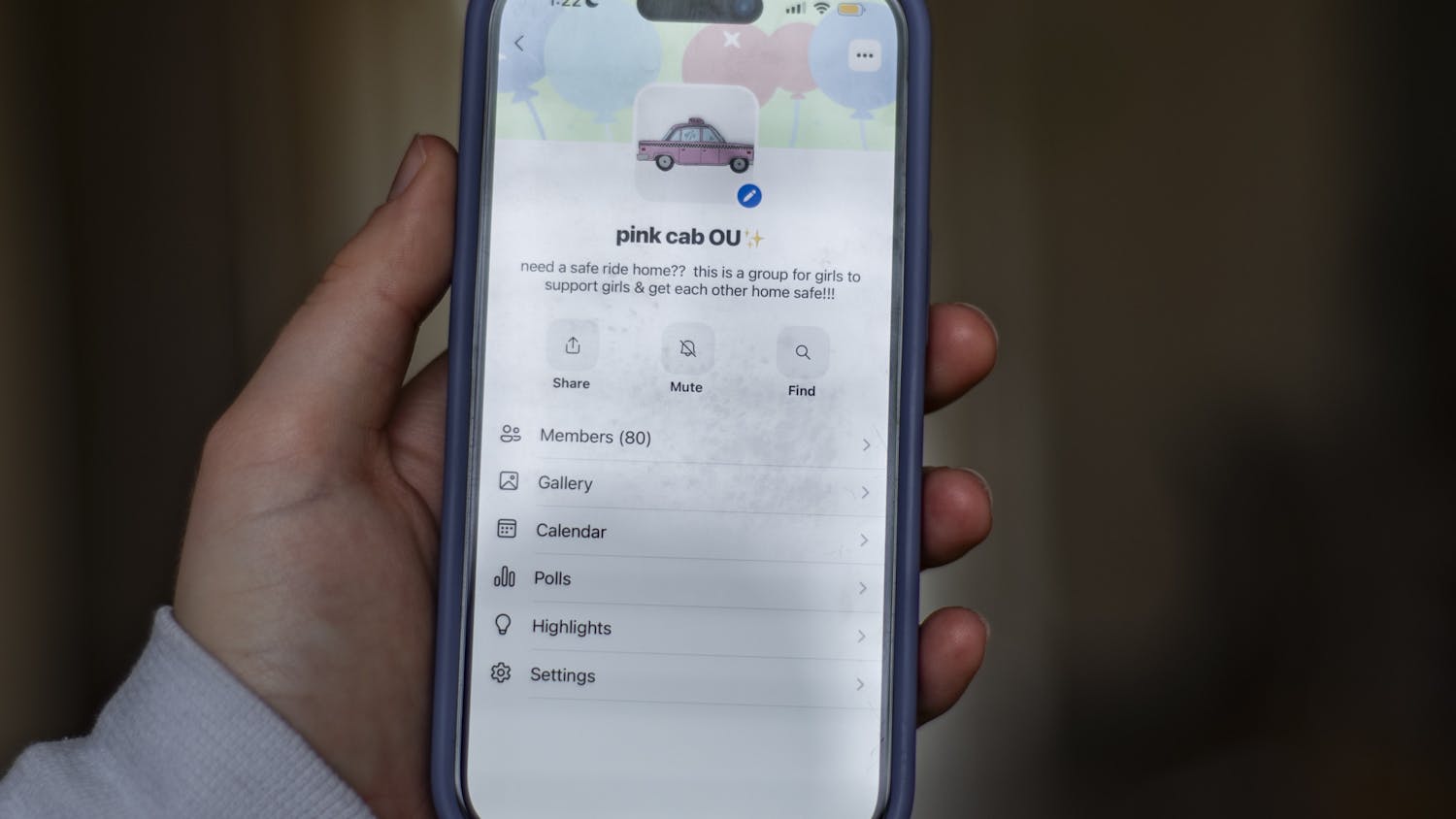Journalist and author Eric Weiner told students, faculty, staff and Athens residents at Ohio University on Thursday that the concept of place “is not dead.”
Weiner, the keynote speaker for International Education Week and who currently writes columns for BBC Travel, spoke to an audience of more than 100 people in Baker University Center Ballroom on Nov. 16 about how places shape and define people.
“I view the world not as a litany of horrors of wars and disease, although it certainly is that to some extent, but as a laboratory of ideas, of some pretty good ideas,” Weiner said. “Because places are repositories of values. Places are the embodiments of ideas. And often, really good ones.”
Places also portray culture, Weiner said. He thinks of culture as the sea that people swim in. He told the audience to picture a goldfish in a bowl. The goldfish does not know that anything exists outside of that bowl until it is removed and looks back to where it was.
“I think we need to be fluid in that we need to be able to hop to other fish bowls and eventually return to ours,” Weiner said.
Weiner, a former foreign correspondent for National Public Radio, spoke about how covering wars, disease and famine was worthwhile, but it dragged him down and created an “undercurrent of unhappiness.” He decided he wanted to write about happy places instead.
He authored New York Times’ bestselling book The Geography of Bliss about his search for the happiest places around the world.
“Like geniuses, (happiness) is not spread around the Earth evenly,” Weiner said. “It’s kind of like oil. Some places are washing in it, others are not.”
For example, places like Bhutan, a country in South Asia, has a policy of “Gross National Happiness” to measure people’s happiness, Weiner said.
Happy places, Weiner said, are “third places” and “thin places.” Third places are accessible neutral places that focus on conversations, like bookstores and public squares. A “thin place” is where the distance between heaven and earth is small, Weiner said, where one becomes their most “essential selves.”
“It might be an airport,” Weiner said. “I’m one of those weird people who loves airports. … They have that great quality of being suspended. You’re neither here nor there. And I find that very liberating.”
Madison Hall, a junior studying strategic communication, did not know what to expect, but she liked when Weiner talked about the different kinds of places.
“I didn’t realize I had some of those places, like when he talked about thin place and third place,” Hall said. “It made me look at the way I appreciate the spaces around me. He’s a really good speaker.”
Weiner also told the audience about “smart places” and myths about geniuses, such as how geniuses are born. Mozart is presumed to be born a genius, whereas people forget he was born in a very musical time, place and family, Weiner said.
“What if genius is not born or made? What if it’s grown?” Weiner said.
Weiner mentioned four places where geniuses “cluster,” cities like Athens, Greece, Florence, Vienna and Silicon Valley. A disproportionate number of geniuses were immigrants or refugees, Weiner said. They work harder, hungry for success and “hits talent that nobody else can see.”
Four factors can help create those geniuses, Weiner said — diversity, discernment, disorder and discomfort.
Andrew Fodo, an undecided sophomore, said he thought Weiner’s speech was very unique.
“The fact that he talked about genius, I feel like that’s an essential key to success is being creative and genius,” Fodo said.
Weiner ended his speech with a call to action, for more people to travel without expectations.
“I know in college, you’re told to read up about a place before you visit it, and that’s certainly important,” he said. “But you need to leave some space for ignorance … and some space for surprise.”






